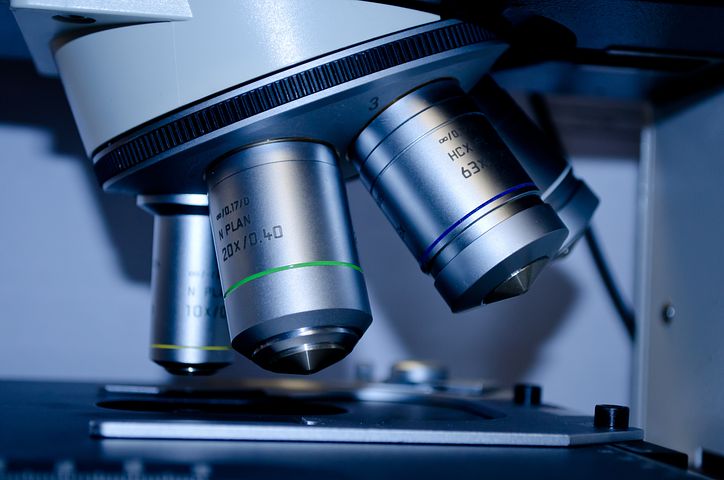A team of researchers at the Imperial College London have developed a process known as known as traction force-activated payloads (TrAPs), that could have a significant impact on the body’s natural ability to heal.
January 8, 2019

A team of researchers from the Imperial College in London have created a new process known as traction force-activated payloads (TrAPs) that could have an impact on the body’s ability to heal. The method, developed by Dr. Ben Almquist and a team at Imperial College London, allows materials to speak to the body’s natural repair systems to drive healing.
In the TrAPs process, researchers folded DNA segments into 3-D shapes known as aptamers that cling tightly to proteins. Then, the researchers attached a customizable ‘handle’ that cells can grab onto on one end, before attaching the opposite end to a scaffold such as collagen.
The researchers said they also found that by changing the cellular 'handle', they can change which type of cell can grab hold and pull, letting them tailor TrAPs to release specific therapeutic proteins based on which cells are present at a given point in time. In doing so, the TrAPs produce materials that can smartly interact with the correct type of cell at the correct time during wound repair.
"The TrAPs technology provides a flexible method to create materials that actively communicate with the wound and provide key instructions when and where they are needed,” Almquist said in a release. “This sort of intelligent, dynamic healing is useful during every phase of the healing process, has the potential to increase the body's chance to recover, and has far-reaching uses on many different types of wounds. This technology has the potential to serve as a conductor of wound repair, orchestrating different cells over time to work together to heal damaged tissues.”
About the Author(s)
You May Also Like


